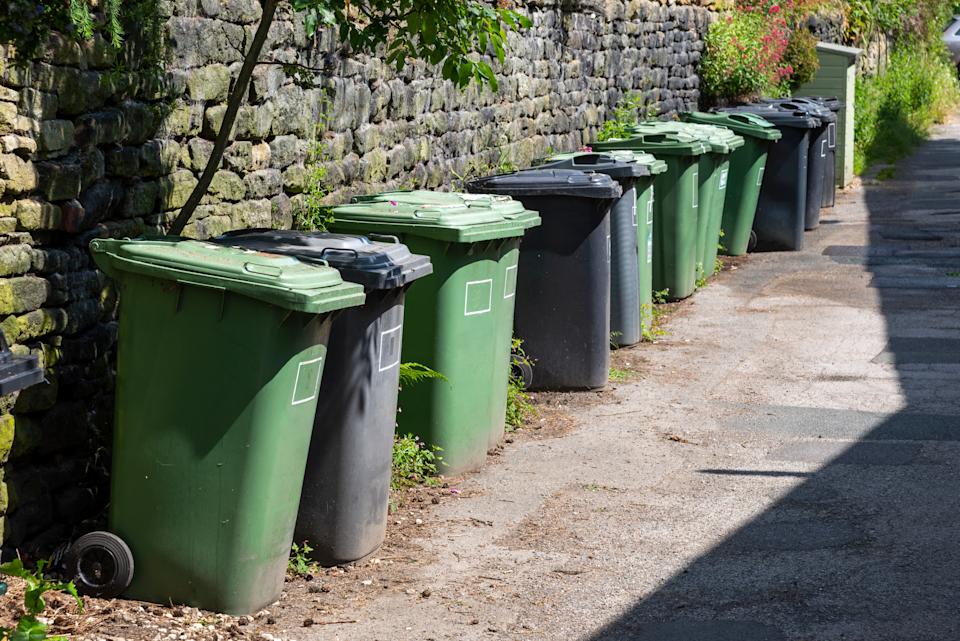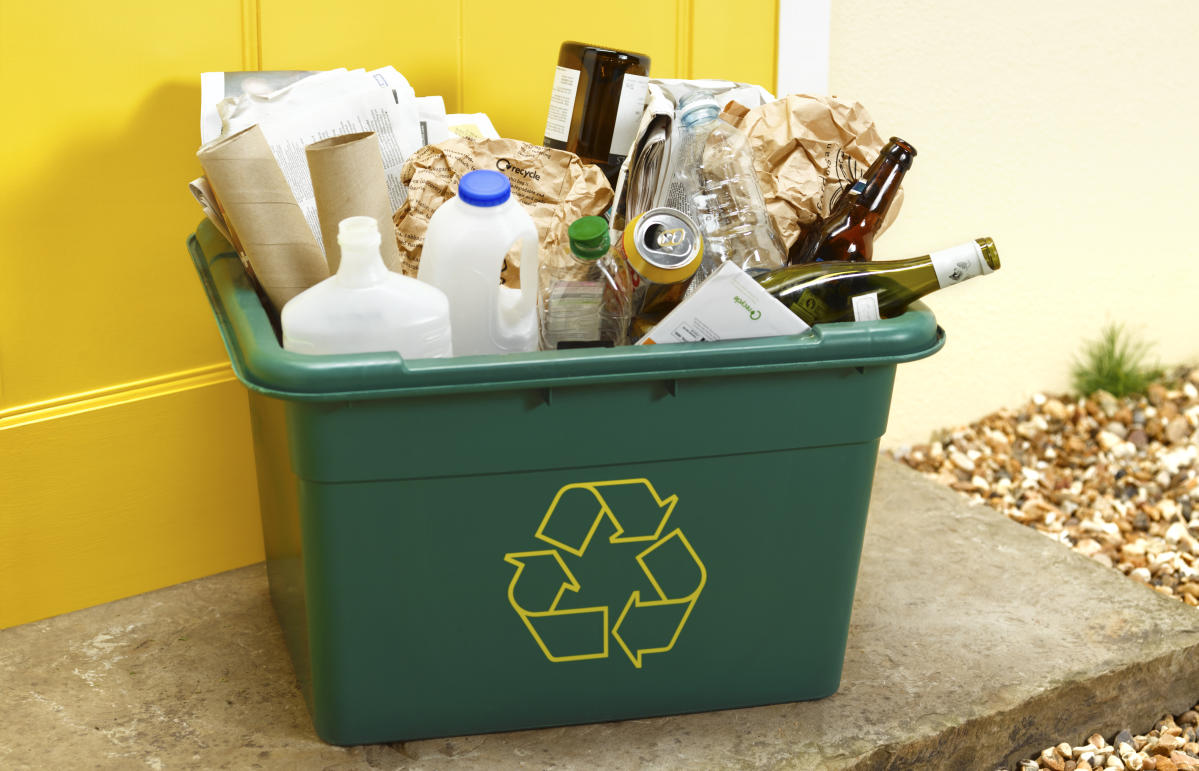From next year, recycling in England will change – with homeowners bidding goodbye to today’s confusing systems where different areas have different numbers (and colours) of bins.
The government’s Simpler Recycling scheme is already in effect for businesses, and encourages them to separate and recycle waste into glass, metal, plastic, paper and food waste – with food waste bins mandatory.
The idea of the scheme is to simplify recycling, and to ensure there is no ‘postcode lottery’ around recycling and that different areas have the same rules around what is recycled.
When will this come into effect?
From 31 March 2026, waste collectors must collect several different kinds of waste separately.
-
Food and garden waste
-
Paper and card
-
Dry recyclable materials – plastic, metal glass
-
Non-recyclable waste, known as ‘residual waste’
Scotland, Ireland and Wales are introducing their own schemes to reduce the amount of waste which is not being recycled.
How many bins will you need?
All households and waste collectors will collect food and garden waste, paper, dry recyclable materials and non-recyclable waste separately – meaning up to three bins plus food waste.

Recycling in England is about to change forever (Getty)
There will be mandatory weekly food recycling collections in every council area.
All households will also receive the same waste collection services, rather than this varying by council.
The government hopes that the simplified guidelines will help households to understand what can and cannot be recycled.
Local authorities will still be able to decide whether (for example) plastic, metal and glass are collected separately or together.
Some have suggested that this will mean households could have as many as five or six bins if authorities insist on separating dry recycling such as paper, plastic and metal.
Who will this affect?
Businesses with 10 or more employees must separate their waste from March 31, 2025, and this also applies to ‘non domestic premises’ such as schools and hospitals.
Households must comply by March 31, 2026, while micro-businesses with fewer than 10 employees have until March 31, 2027.
What will it mean for how much waste is recycled?
The government hopes that Simpler Recycling will contribute towards a goal of recycling 65% of municipal waste by 2035.
Recycling in England has got worse in recent years, with the rate of recycling dropping to 43.4% in 2022 from 44.1% in 2021 – the lowest it has been for at least eight years, according to statistics from Defra.
The situation is better in other parts of the UK, with 56.9% of household waste recycled in Wales and 49.2% in Northern Ireland. Scotland’s recycling rate (42.1%) is even worse than England’s.
The UK’s recycling rates are fairly average compared to other European countries. Germany is streets ahead of other nations, with recycling rates of nearly 70%.
The Simpler Recycling scheme will work in parallel with a new Deposit Return scheme which aims to reduce can and bottle waste as part of a push to deliver greenhouse gas emissions savings equivalent to £11.8 billion in England.
British people will be paid to recycle plastic and metal bottles and cans under a new bottle-return scheme set to come into force in 2027.
Members of the public pay a deposit on drinks bottles, which is then refunded when bottles are turned in for recycling.
In England, Northern Ireland and Scotland, consumers buy an estimated 30 billion single-use drinks containers each year – including 12 billion plastic drinks bottles and 13 billion drinks cans.
Read more
How much of your recycling is actually recycled?
Where does the plastic waste we send abroad actually go?
